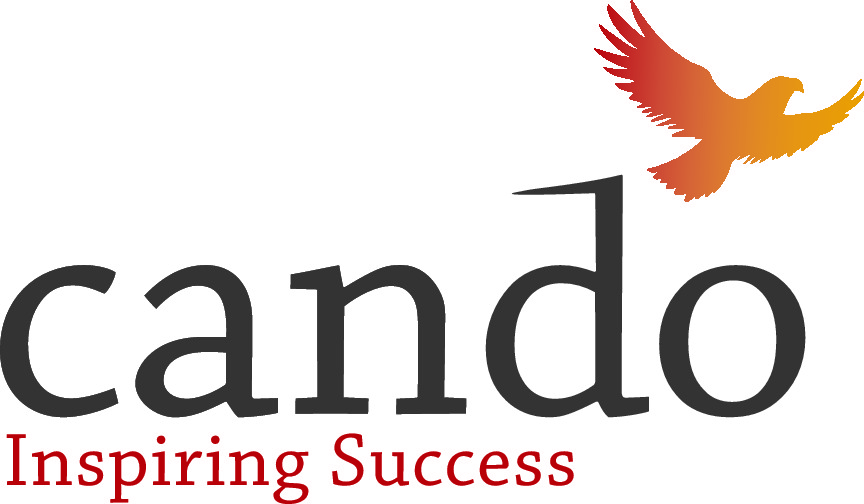Gender Analysis of the New Federal Framework for Aboriginal Development: Discussion Guide and Annexes
DOI:
https://doi.org/10.29173/jaed266Keywords:
Access, Analysis, Business And Economics, Economic conditions, Economic development, Ethnic Interests, Gender differences, Gender equity, Indigenous peoples, Native North Americans, Native women, Roles, Sexes, Sexual division of labor, Socioeconomic factors, WomenAbstract
[...]it outlines ways in which the FFAED can integrate a gender-sensitive, cultural approach to economic development and demonstrates the value-added benefits of using a gender analysis to inform programming decisions. Key finding of the analysis offer the following conclusion: * Aboriginal women and men experience different conditions in life and as a consequence women will have significantly different access than men to the resources and benefits offered by the Framework. * The three spheres for development (Activation, Base, and Climate) proposed in the Framework should be strengthened to be more inclusive of women. * Research and analysis on existing structures is necessary to formulate the foundation for understanding how women are impacted by economic development. * Revisions to policies, strategies and options that gave rise to the Framework can help establish a culturally-based, gender sensitive approach. The Access and Control Framework is based on an analysis of the division of labour by sex in the reproductive, productive, and community spheres of the economy and on an analysis of the differential access that women and men have to the resources and benefits involved in the economic development process. The first is that this economic development needs to be gender-sensitive, meaning that any approach to economic development needs to be based on and informed by a sound understanding and prior analysis of the differences between Aboriginal women and men's socio-economic conditions and challenges in life and in the economy, and the nature of their respective contributions to the economy.
Downloads
References
Eko Nomos. (2001). Women in Transition Out of Poverty. Toronto: Women and Economic Development Consortium.
Hull, Jeremy. (2006). Aboriginal Women: A profile from the 2001 Census. Ottawa: Women’s Issues and Gender Equality Directorate. Indian Affairs and Northern Development.
Indian Affairs and Northern Development. (2008). Toward a New Federal Framework for Aboriginal Economic Development: Discussion Guide. Ottawa: Public Works and Services Canada.
Indian Affairs and Northern Development. (2008). Toward a New Federal Framework for Aboriginal Economic Development: Annexes. Ottawa: Public Works and Services Canada.
Kartini International. (2006). Staff Gender Toolkit. Washington D.C.: Organization of American States.
KPMG. (2007). Audit of Aboriginal Business Canada’s Aboriginal Financial Institutions and Access to Capital Program Project 07/04. Ottawa: Industry Canada.
Muir, Elizabeth. (2002). “Thinking Outside the Box”. Case Study in: Trade Matters, Best Practices & Success Stories of Women Entrepreneurs, Commonwealth Secretariat. London: Commonwealth Secretariat.
O’Neill, Katherine. (April 2, 2009). “Nunavut’s birthday sparks debate about future”. Globe and Mail: Toronto
Petitpas-Taylor, Ginette. (n.d.) “Closing the Rights Gap of Aboriginal Women: A Woman’s View.” <http://www.acswcccf.nb.ca/english/documents/Native%20Women%20and%20Marital%20Property%20Rights.doc>
Rexe, Kate. (2009). Canada’s New Federal Framework for Aboriginal Economic Development. Presentation to Trent University’s Indigenous Women’s Symposium. Peterborough.
Whiteduck Resources Inc. (2002). Backgrounder Study on Micro-Enterprises/Aboriginal Women-Owned Businesses. Kitigan Zibi Anishinabeg, Quebec.
World Bank. (2003). Challenges and Opportunities for Gender Equality in Latin America and the Caribbean. Washington D.C.: World Bank, Gender Unit, Latin America and the Caribbean Division.
Downloads
Published
Issue
Section
License
Copyright (c) 2009 Cando

This work is licensed under a Creative Commons Attribution-NonCommercial-NoDerivatives 4.0 International License.




